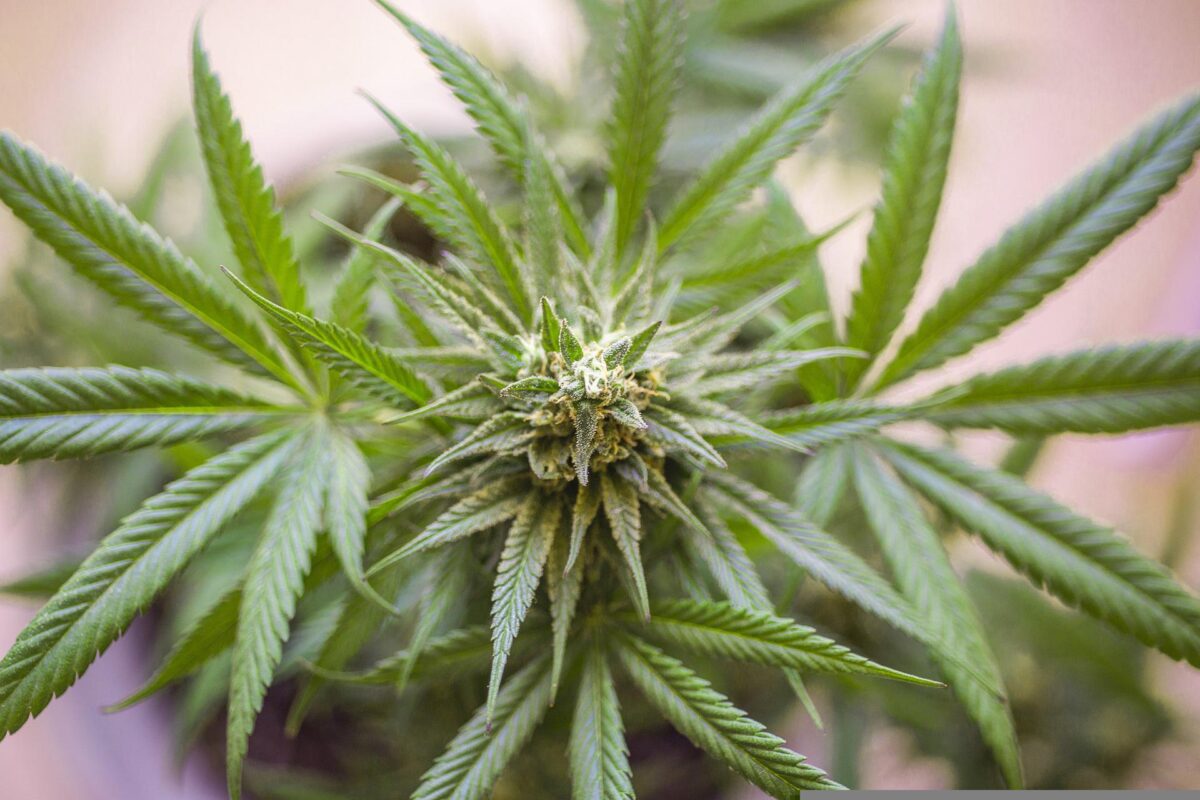
How is New York Tackling Social Equity?
Since New York legalized recreational cannabis last year, the conversations around its impact have been buzzing. One of the topics, often polarizing public opinion, is the subject of social equity. New York is making waves for its robust Cannabis Social Equity Initiative. The Marijuana Regulation and Taxation Act (MRTA) was introduced and passed by Governor Kathy Hocul on March 10, 2022.
The yet to be appointed “Chief Equity Officer” will work within the Office of Cannabis Management to oversee the process. It has been deemed one of the most ambitious social equity programs for the legalized cannabis market. The mission in mind is repairing the wrongs of The War on Drugs. This includes mass incarceration, generational trauma, and limitations on housing and employment. All of these wrongs have disportionately affected Black and Latino communities. New York’s history with cannabis has been complicated, yet the future is hopeful, especially with the progress made in the past year.
What Does New York’s Social Equity Plan Look Like?
MRTA set forward a steadfast goal of awarding 50% of all adult-use licenses to social and economic equity applications. The $200 million fund plans to prioritize “members of communities who have been disproportionately impacted by the policies of cannabis prohibition (OCM 2022).” In addition to prioritized selection, the applicants will be provided with mentoring, education, small business coaching, financial planning,and compliance assistance.
However, strings will be attached for all qualifying applicants. The social and economic license cannot be transferred or sold within the first three years of issue. An exception will be made only if the license is transferred and sold to another qualified social and economic equity applicant with the written approval from the Cannabis Control Board.
In addition to the fund, MRTA states that 40% of the adult-use cannabis tax revenue goes to the New York State Community Reinvestment Grant Fund. The fund will give qualified community-based nonprofit organizations and local governments the ability to apply for funding to support community restoration.
These initiatives would include:
- Job placement and vocational services
- Adult education
- Mental health and substance abuse services
- Housing
- Financial literacy
- Community banking
- Nutrition programs
- After School and childcare services,
- Legal services to assist reentry barriers
- Medical care, women’s health services, and other community-based programs
Who Qualifies for Social Equity in New York?
One of the focal points of New York’s social equity plan is the parameters in which one would qualify. The applications must fall under the following categories :
- People from communities disproportionately impacted by the enforcement of cannabis prohibition
- 51 % Minority-owned businesses
- 51 % Women-owned businesses
- Distressed farmers
- 51% Service-disabled veteran-owned businesses
All ownership of the classes mentioned must be, according to the Office of Cannabis Management, “real, substantial, and continuing”. Many consider that caveat to be paramount to creating true economic empowerment for those applying. Much criticism has been surrounded about false-representation through predatory lending practices by incoming investors. MRTA places a two-tier market structure which prohibits licenses from being vertically-integrated and owning the majority of the market.
Additional priority will be given to:
- An individual convicted of cannabis related offenses prior to the passing of the Marijuana Regulation Taxation Act. Chris Alexander, Executive Director of the Office of Cannabis Management expects the first wave of licenses to be prioritized to those with felony convictions.
- A parent, guardian, child, spouse, or current or past dependent, of a person who prior to passing of MRTA, was convicted of a cannabis-related offense.
- An individual whose income falls under 80% of the media income of the county in which the applicant resides.
How to Apply for a Cannabis Business License as a Social Equity Applicant
The Office of Cannabis Management has not passed all the proposed adult-use applications. However, as the final roll-outs emerge, one can look to current precedents set. The process will include the following:
- Qualifying individuals of at least 21 years of age will be allowed to apply through an online portal through the New York Office of Cannabis Management website.
- An initial application fee expected to be $2,000 dollars and non-refundable. Applicants will have 30 days to address any issues or deficiencies in the application.
- Applicants and all true parties of interest must provide valid photo identification containing their date of birth.
- There will be a personal history disclosure for applicants and all true parties of interest.
- Applicants and all true parties of interest must submit their fingerprints in order to obtain a criminal history report.
- Applicants with cannabis related charges must provide evidence of primary residence at the time of arrest and/or conviction; AND hold or have held for at least a 10% ownership interest in and control of a qualifying business for at least two years. The business must also have net profit for at least two years of the business being in operation.
How Can Point Seven Group Help?
The team of cannabis consultants and professionals at Point Seven Group have worked extensively in the U.S. and international cannabis markets and are familiar with the unique challenges of the cannabis industry. Follow us on social media to stay up to date with more cannabis industry updates!
- Wayzata moves to open city-run weed dispensary
 The City of Wayzata is considering opening its own recreational cannabis dispensary sometime next year. On Tuesday, Wayzata’s City Council and mayor approved a contract with Colorado-based consulting firm Point7 to draft a business plan for the possible municipal dispensary. This would be the city’s …
The City of Wayzata is considering opening its own recreational cannabis dispensary sometime next year. On Tuesday, Wayzata’s City Council and mayor approved a contract with Colorado-based consulting firm Point7 to draft a business plan for the possible municipal dispensary. This would be the city’s … - Indiana Cannabis Legalization: 2024 Update
 The Midwest has become a bustling hub for cannabis policy and industry, with states like Michigan, Illinois, and Ohio leading the charge in cannabis legalization. However, Indiana’s stance on cannabis remains a topic of significant interest and debate. As we delve into the status of …
The Midwest has become a bustling hub for cannabis policy and industry, with states like Michigan, Illinois, and Ohio leading the charge in cannabis legalization. However, Indiana’s stance on cannabis remains a topic of significant interest and debate. As we delve into the status of … - Cannabis Expungement and Social Equity: Proven & Failed Concepts
 In the realm of cannabis expungement and social equity, examining both proven and failed concepts is crucial for understanding the complexities of justice reform and equity within the cannabis industry. Proven concepts include initiatives such as automatic expungement processes, which streamline the clearance of certain …
In the realm of cannabis expungement and social equity, examining both proven and failed concepts is crucial for understanding the complexities of justice reform and equity within the cannabis industry. Proven concepts include initiatives such as automatic expungement processes, which streamline the clearance of certain …

